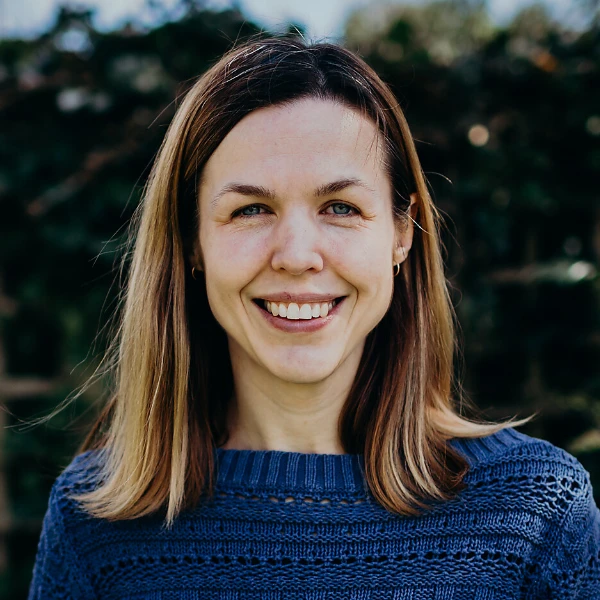Bonnie Davies
Relationship Counsellor

Get in touch
Do you wish you could achieve more satisfying relationships (romantic or otherwise)? Are you doubting whether you and your partner should stay together? Are you feeling dazed and confused by the breakdown of a major relationship? I offer you a warm and non-judgemental environment in which you can fully explore your concerns, get to know yourself better, and discover the way ahead.
I positively embrace working with people of diverse ages, genders, sexualities, physical ability, ethnicities, religious/spiritual beliefs and cultural backgrounds. Outside my private practice, I volunteer, recognising the reality of economic inequality.
As part of my professional development, I am committed to regularly widening my knowledge of difference and diversity. I choose trainings in order to build my awareness, for example I recently completed a training on counselling for people living with MS. As a counsellor, I recognise my responsibility to educate myself about the experiences of clients, especially where these involve being disadvantaged within society.
From my teenage years, I have been drawn to mindfulness practice, yoga, and alternative healing. I went to meditation club at school, got into yoga during my degree studies, and trained as a shiatsu practitioner in my 20s.
In work, I entered the charity and public sector, joining Victim Support in North London. Since then, I have worked in a prison and as a teacher of philosophy and religious studies in secondary schools. My path to becoming a counsellor has woven together many strands and is my ideal work.
I believe counselling is full of gems and presents a precious opportunity to reveal uniquely personal answers to questions such as:
• Who am I?
• What makes me happy?
• How do I love myself?
• Why do I do destructive things to myself and/or others? And how can I stop?
• How can I forgive others and myself?
• What’s holding me back? And how do I heal?
• What's my purpose?
• How can I accept my loss?
What to expect from counselling
When you first arrive for counselling, you’ll have a sense that something in your life just isn’t working. As you begin to talk, key themes will come into focus. I will help you articulate what you would like to gain from counselling, and we will go forward with a shared understanding of your goal(s) and how to get there.
Goals in counselling can be specific or vague and both are valid. Some examples of goals that clients have had in the past are:
• To manage my panic and overwhelm
• To know myself and become more assertive
• To improve my boundaries
• To grieve a huge loss
• Gain perspective on dark thoughts and blame
• To find inner peace and acceptance
• Help with mood swings
• To address co-dependent patterns
• To find out who I really am without the pain
• To improve PTSD symptoms
• To be honest about feelings and find release
• Become a better father
• To stop losing my temper over little things
Your goal is likely to evolve as your counselling progresses, which is a sign that significant change is taking place. While I can offer input when appropriate, the best answers come from within you. I will accompany you as you explore new territory in your emotional and mental landscape, and help you to stay strong when you find it challenging.
You may wish to work quickly or slowly and there are benefits of both approaches. I am experienced in both short and long term counselling and can help you decide which option would suit you, depending on the issue you bring and the place where you begin.
What to expect from couples counselling
Couples Relationships come in many shapes and sizes but sooner or later, you’ll find that you need to dig deep and move past a hurdle or two. It’s not a failure to leave the so-called ‘honeymoon period’, in fact, it’s essential for a sustainable, authentic relationship.
Typically, romantic relationships go through a transition in which the couple leaves an initial state of pleasurable togetherness to enter a new phase of grounded relatedness. Failure to achieve this transition is common, and can lead to one of two distressing outcomes:
• One or both partners adapting to the needs of the other and losing themselves in the process. There might be little obvious conflict but the relationship is dull and unfulfilling for one or both sides. Sex becomes routine or fades away.
• One or both partners are locked in an attempt to change the other to be what they want them to be. This is a high-conflict situation, where arguments go round in circles, leaving both sides exasperated. Sex can also feel like a battleground, often between a higher-desire and lower-desire partner.
My role is to identify what has failed in your relationship and to support you to gain the skills of healthier, adult relating. Couples therapy is hard work but the rewards can be immense. They include:
• Being able to communicate fully without blame, labelling, ‘shoulds’, generalisations and judgement.
• Being able to engage in difficult discussions with your partner, while holding onto your sense of who you are and what you care about
• Becoming less defensive and engaging in less relationship-defeating behaviours
• Soothing yourself more, rather than relying on your partner to take away your discomfort
• Recognising the ways you avoid knowing yourself and letting yourself be known
• Being more open and enriched by the diversity and difference in your relationship, as well with other people in the wider world
• Developing to become a more well-rounded person, as you learn how to give your partner more of what they need
• A sex life that honours the selves of both partners
